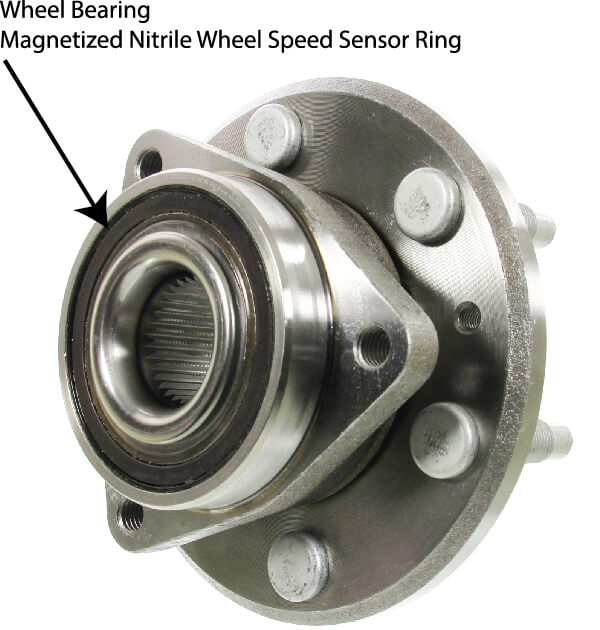JoeWras
Give me a museum and I'll fill it. (Picasso) Give me a forum ...
- Joined
- Sep 18, 2012
- Messages
- 11,702
Yes... Not a lot, but at times
Of course...
On my vehicles, yes... And I don't know or care what EV's can do.
Of course Car-Guy would know.
I probably should have said: "In general, are people informed how to downshift on an automatic, and the reasons for wanting to do so."
---
BTW, looking at my avatar, I realized this does not apply. Bicycles are freewheeling. I just have to worry about my rubber pads overheating! (My avatar points out a pretty serious hill.)
Last edited:

